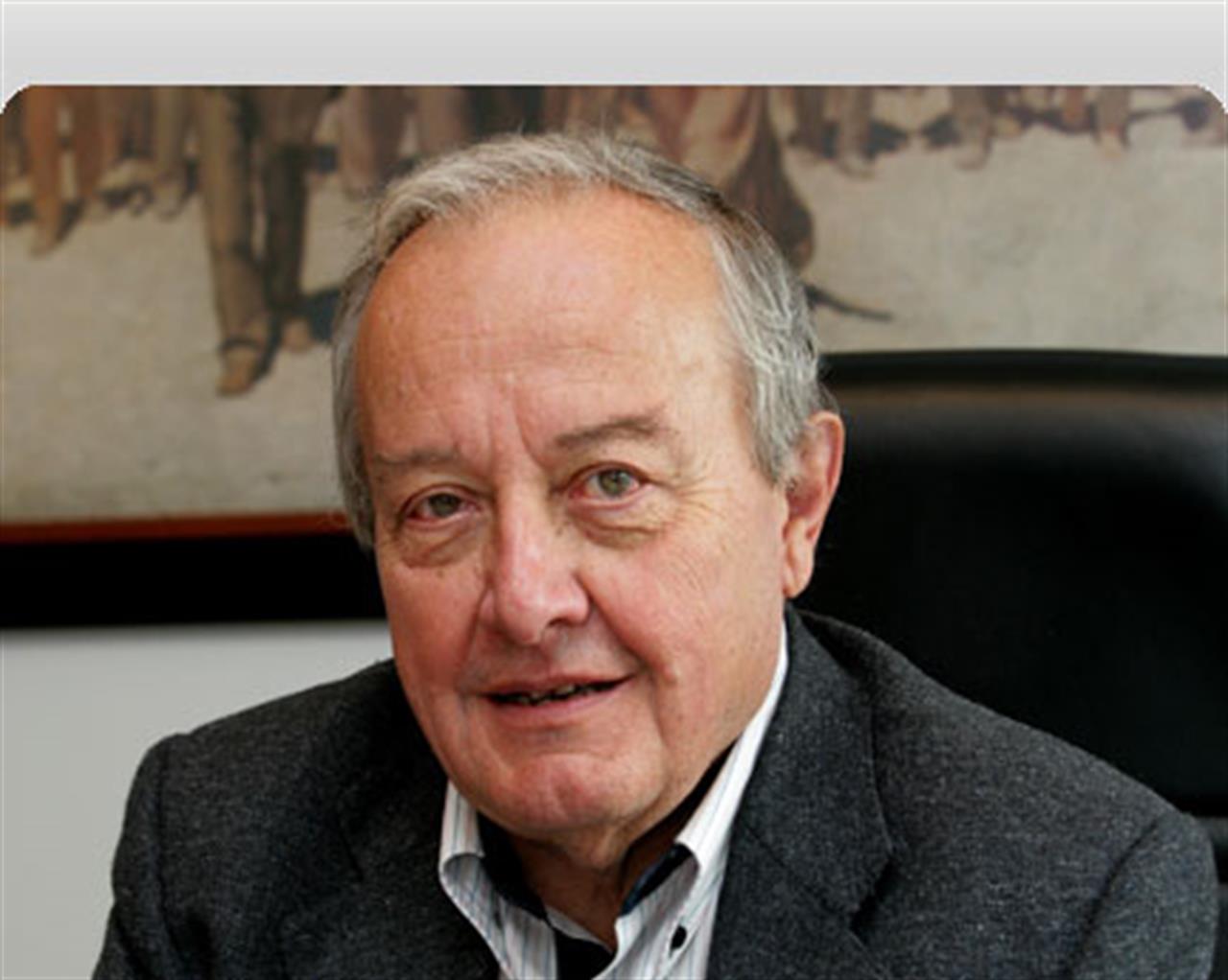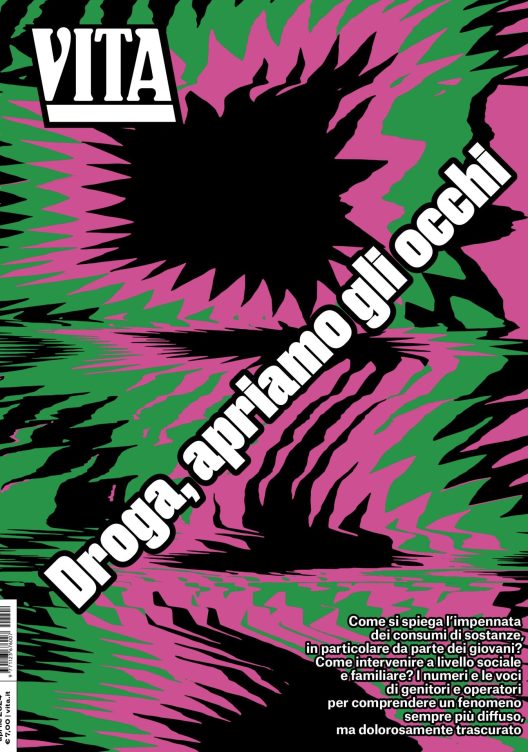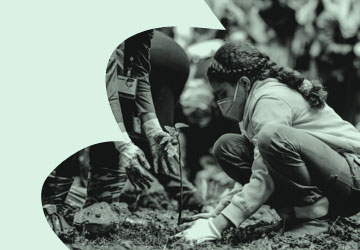Politica & Istituzioni
Mario Sepi: Neo president of the EESC
Interview with Mario Sepi, for the next two years he will lead the EESC in its mission to speak out for civil society in Europe

Rights and solidarity are to be the guiding values of the newly elected Presidency of the European Economic and Social Committee (EESC), a consultative body with headquarters in Brussels that acts as a bridge between civil society and European institutions – the Council, the Commission and the European Parliament. On October 22 the EESC announced that it will be Mario Sepi, an Italian with a long background as an active trade unionist, who will lead the Committee until 2010. The neo president has already announced the key priorities for his mandate; should they be fulfilled civil society can hope for Brussels to listen more attentively to what the third sector has to say. Sepi speaks especially of reinforcing participatory democracy and rights. But he also believes that the Lisbon Strategy is the starting place for European societal change: “the time is right to submit new proposals to the institutions, member States and organisations linked to the Committee”.
Why is now the right time to make new proposals regarding the Lisbon Strategy and what strategies do you suggest?
I think it is the right moment because at eight years from its start the Lisbon Strategy has not given satisfactory results but rather has demonstrated that the method used is not up to scratch. The communitary method has been abandoned and a new “open coordination method” has been invented that has not worked: member states only achieved some of the objectives they had set themselves. My idea is that there should be greater coordination and that Union should be able to intervene in their policies. I wouldn’t go so far as to say that there should be the same sanctions as there are in the stability pact if objectives are not achieved, but I do think we need something more stringent. We must therefore review the Lisbon strategy’s method, not its content.
You speak of partecipatory democracy and of the need to strengthen the role played by consultation. What type of consultation do you have in mind and can virtual consultation substitute real consultation?
No, absolutely not – virtual consultation can never substitute active consultation. The Treaty of Lisbon calls for participative democracy, the problem is that it has been established in principle alone. The Treaty mentions something about the role citizens should play but is very vague when it comes to defining the role that consultative bodies and organised civil society should play. I would like to see consultation have a formally established legal definition in order to avoid ending up with lots of consultations of which no one knows the outcome or structure, as happens in the Commission. In the six months leading up to the European parliamentary elections I will formulate a legislative framework proposal for this kind of consultation so that they can become part of the Union’s structure and no longer be called “a la carte” whenever the commission feels the need.
You highlight the importance of information: How can we overcome the EU’s informational assymmetry? Do you have any strategies?
Information is one of the European Union’s biggest problems, starting with its communication of the Lisbon Treaty. All EU information falls short of touching people’s emotional sphere. There is much talk of money and things being done but there is never any mention of what is the true essence of Europe: the utopia that lies behind Europe’s creation and its mission in the world. Without this the EU will never truly enter into the hearts and spirits of the people and this is the EU communication strategy’s real weakness.
How do you propose they overcome this?
Europe must move away from its passive acceptance of globalisation and towards an active relationship with it. It is Europe that must make the decisions of when, where and how globalisation will take place; it must send its social model as a message to the whole world. I don’t mean this in an imperialistic sense, but I do believe that Europe must take a more aggressive cultural stance when it comes to promoting the globalisation of rights and solidarity.
Rights are your third priority. What rights are most at risk in Europe today?
Social rights are those most threatened in Europe today. The principles of free trade have been made to prevail over the principles of solidarity and trade union action. Social problems will be affected by the recession that is approaching, hopefully it will be as short and as painless as possible. But we must stop believing that Europe’s answer to globalisation must be more flexibility and fewer rights. We must never forget that Europe’s social model is one of the elements that makes it competitive.
What will the Committee’s role be in the coming years?
Until now the committee was considered a kind of group of experts who assisted the institutions but that had no kind of relationship with civil society. My idea is that the committee must become representational. It must therefore build a relationship with European civil society through national social committees and become more than a mere producer of good advice. I aim to extend the committee’s consultative function so that its role be an active one after laws have been made as well as before. We will work on evaluating the effects that European laws have and to do this we have to be in close contact with each nation’s civil society. This is one of the most useful services we can provide institutions with because institutions often create laws without any idea of their true impact on society. I am positive that the Committee has the strength and skills to fulfil this mission.
Find out more: http://eesc.europa.eu

